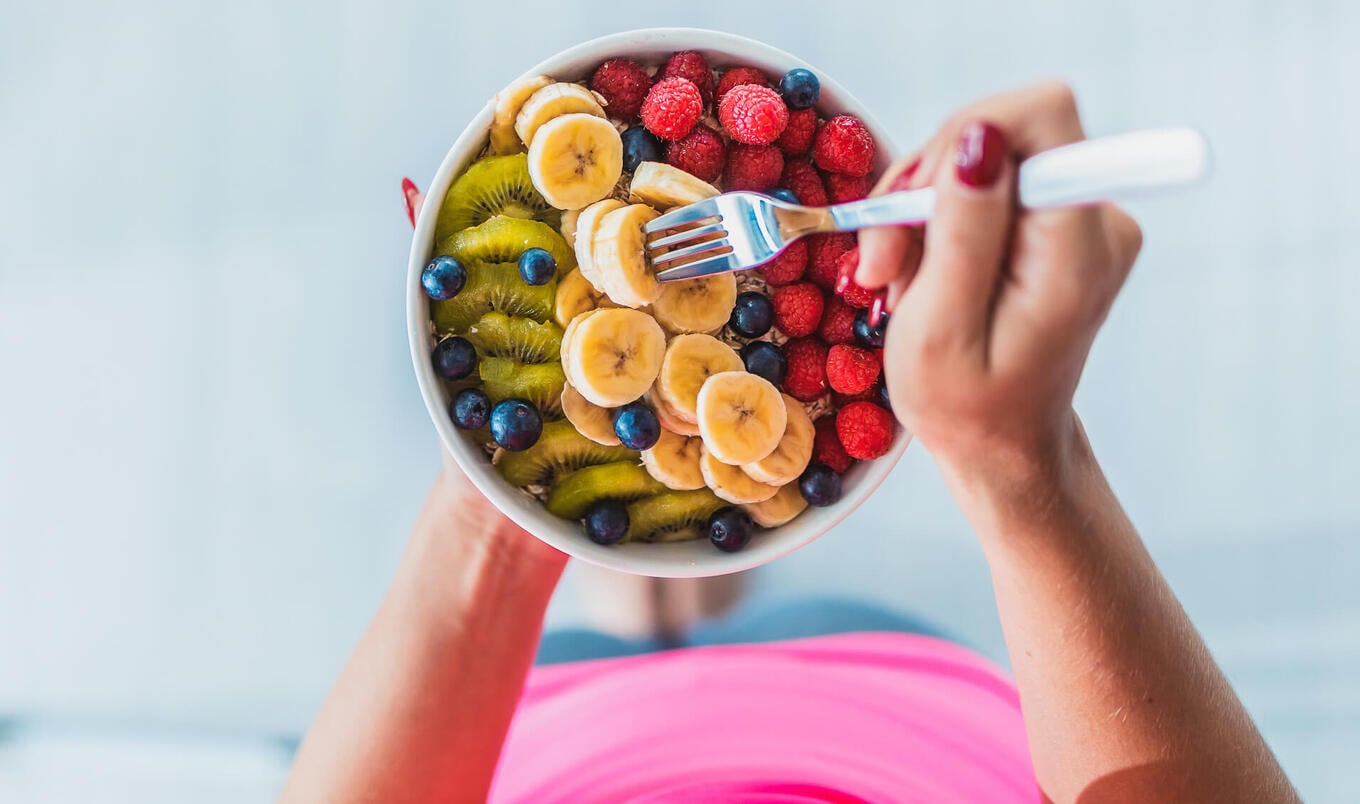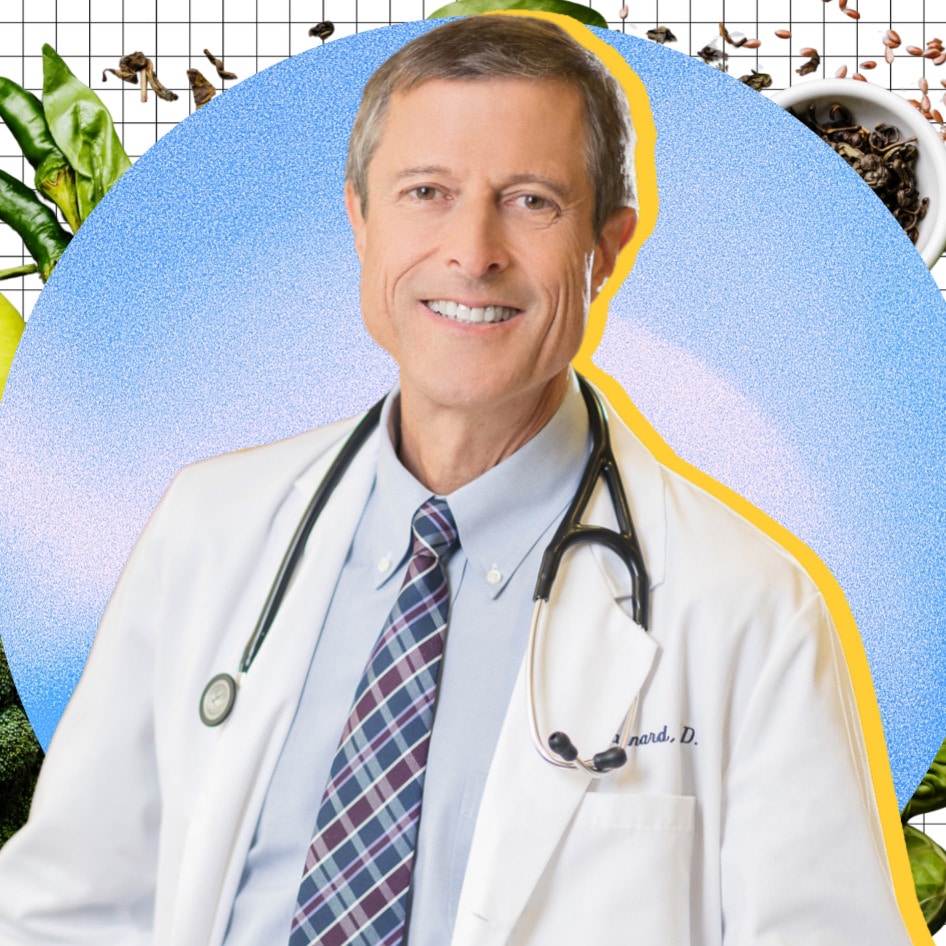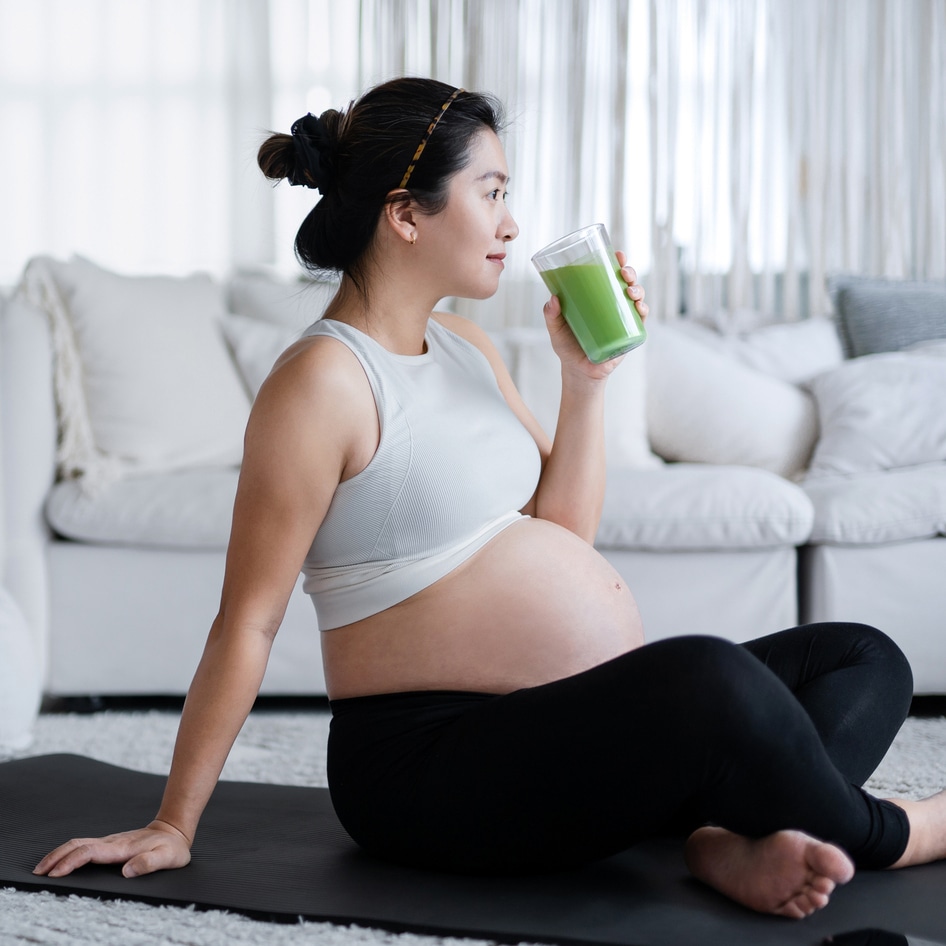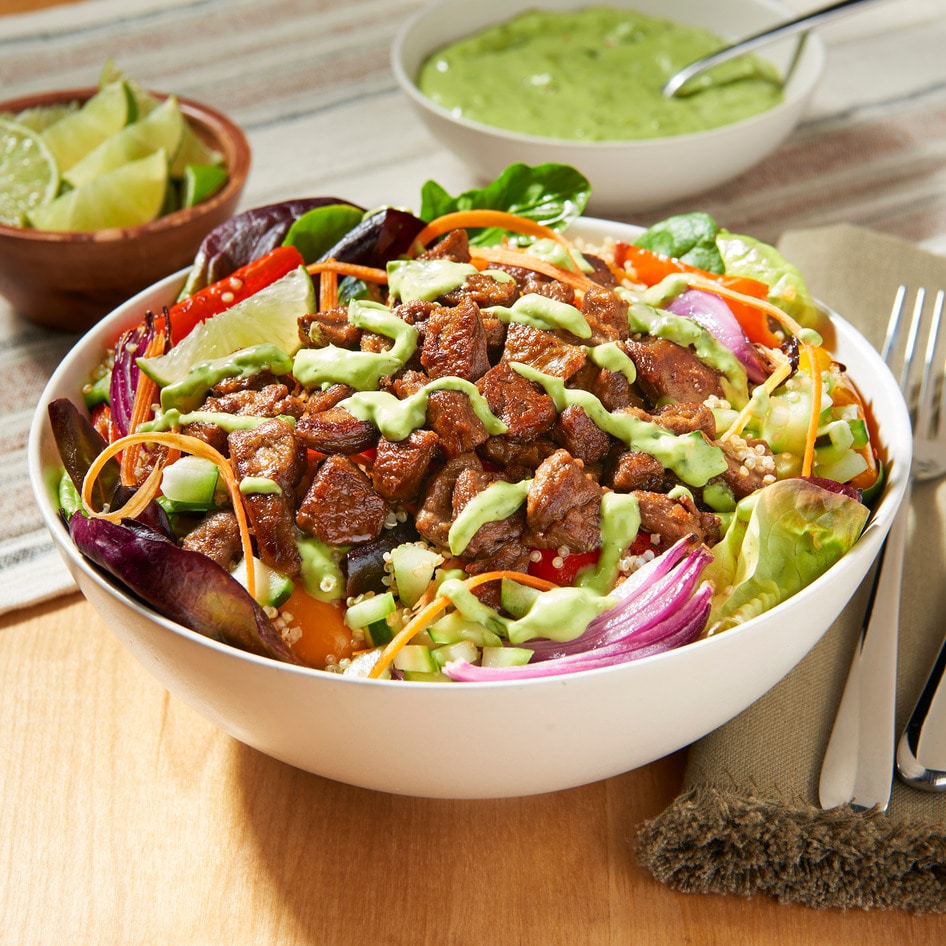Amsterdam UMC researchers have revealed groundbreaking findings that alleviate any potential concerns regarding the nutritional adequacy of breast milk from vegan mothers. According to a study presented at the 55th Annual Meeting of the European Society for Paediatric Gastroenterology, Hepatology and Nutrition, a vegan diet does not impact the essential nutrients, vitamin B2, and carnitine, found in breast milk.
These nutrients, typically found in high concentrations in animal products, are crucial for infant development.
With the number of vegans doubling over the past four years, some people might question whether breastfed infants of vegan mothers could face deficiencies in key nutrients. Lead researcher Hannah Juncker, MD, emphasized the significance of the maternal diet on the composition of human milk.
“The rise of vegan diets worldwide, including among lactating mothers, has raised concerns about the nutritional adequacy of their milk,” Juncker said in a statement.
 Nensuria
Nensuria
However, this recent study challenges the notion that vegan diets may be nutritionally incomplete for breastfeeding mothers.
Vitamin B2, also known as riboflavin, plays a vital role as a cofactor for enzymes involved in various biological pathways. Insufficient vitamin B2 in infants has previously been linked to anemia and neurological issues. Similarly, carnitine is essential for energy metabolism, and low levels in infants can result in low blood sugar, as well as potential heart and brain dysfunction.
Past studies have even suggested that lactating women following vegan diets might need to increase their intake of animal products to prevent deficiencies during breastfeeding. However, the Amsterdam UMC study indicates that the impact of a maternal vegan diet on vitamin B2 and carnitine concentrations in breast milk may be less significant than previously believed.
Vegan mothers’ breast milk just as nutritious
Using a technique that separates samples into their individual parts for mass analysis, the researchers found no difference in carnitine concentrations between breast milk from vegan and non-vegan mothers. Although the study reported lower serum-free carnitine and acetylcarnitine concentrations in vegan mothers, breast milk concentrations remained consistent across both study groups.
 Dave Clubb/Unsplash
Dave Clubb/Unsplash
Juncker stressed the importance of these findings. “The results of our study suggest that vitamin B2 and carnitine concentrations in human milk are not influenced by consumption of a vegan diet,” Juncker said.
“A vegan diet in lactating mothers does not pose a risk of vitamin B2 or carnitine deficiency in breastfed infants,” Juncker said.
This information provides reassurance for breastfeeding mothers and donor human milk banks, particularly those providing milk to premature infants who do not receive a sufficient amount of their mother’s own milk.
Vegan diet good for reproductive health
As the popularity of vegan diets continues to grow globally, this study offers valuable insights into the nutritional adequacy of breast milk from vegan mothers. With the scientific community dispelling concerns about key nutrient deficiencies, vegan moms can confidently nourish their babies while following their dietary choices.
Previous research has also shown that plant-based diets are adequate and even beneficial to women’s reproductive health. A new study published in the medical journal Reproductive Toxicology found that a diet high in carbohydrates and rich in whole grains and soy can increase rates of pregnancy and live birth
 Pexels
Pexels
Current estimates indicate that 15 to 20 percent of couples experience infertility, so the study aimed to review current evidence supporting the role of nutrition as a modifiable risk factor for female infertility and poor in vitro fertilization (IVF) outcomes.
In addition to the benefits of increased intake of whole grains and soy, the study found that 5 percent of energy intake provided by plant-based proteins rather than animal proteins has been shown to reduce the risk of ovulatory disorders by more than 50 percent.
“There is fair evidence that animal-based proteins affect female fertility as opposed to those [from] plant-based [sources], suggesting that protein source may represent an important determinant of reproductive success,” the study said.
For the latest vegan news, read:
JUMP TO ... Latest News | Recipes | Guides | Health | Subscribe









